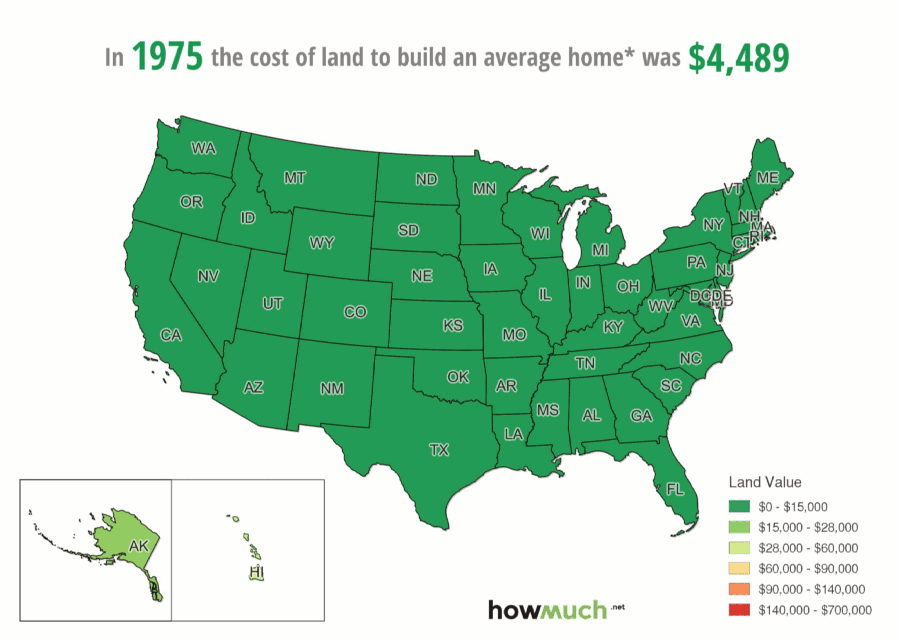In the U.S., average tuition fees for public four-year colleges rose by 2.9 percent to $9,139, while tuition at four-year private colleges rose by 3.7 percent to $31,231 between the 2013-14 and 2014-15 school years. Tuition fees have been rising faster than inflation for decades. Last year’s increase was actually smaller than the average yearly increase over the past 30 years. However, while tuition increases seem to be slowing, the bad news for students is that cumulative undergraduate debt is rising due to fact that incomes have not grown for the past decade. This means that families will find it increasingly difficult to send their kids to the top schools.
Analyzing data from The Chronicle of Higher Education on tuition and other fees at more than 3,100 colleges and universities, we put together a list of the most and least expensive institution in each state for the 2014-15 academic year. The total cost of attending college or university includes not only tuition, but also living expenses. For example, the most expensive institution overall, Sarah Lawrence College, costs $50,780 for tuition and $14,700 for room and board.

Overall, there are 18 schools that cost more than $60,000 per year. The most expensive schools in each state range from $24,631 in Wyoming (University of Wyoming) to $65,480 in New York (Sarah Lawrence College). The top five states with the most expensive institutions are New York, California (Harvey Mudd College), Illinois (University of Chicago), New Hampshire (Dartmouth College), and Vermont (Landmark College). The graphic below shows the most expensive college or university in each state.
The states with the least expensive colleges or universities – ranging from $1,360 to $3,060 – are Georgia (Ashworth College), New Mexico (Luna Community College), Montana (Chief Dull Knife College), Michigan (Saginaw Chippewa Tribal College), and South Dakota (Oglala Lakota College). The least expensive schools in each state range from $1,360 in Georgia to $14,535 in D.C. (University of the District of Columbia). According to the data, there are seven states where you cannot get a degree for less than $10,000: D.C., Vermont, Alaska, Kentucky, Wyoming, Connecticut, and Rhode Island. The graphic below shows the least expensive institution for each state.

The rising cost of higher education may be contributing to lower enrollment: The U.S. Census Bureau has released information showing that higher education enrolment declined in 2013 for a second straight year. Accordingly, the total amount borrowed for college by all students in the US was $106 billion in 2013-14 – a 13 percent drop from 2012-13.
Tuition is not the only cost that has been rising. The average cost of room and board over the 2014-15 school year was $9,804 – higher than the average tuition. Living expenses for the most expensive institutions vary between $10,000 and $15,000. For the least expensive institutions, overall living expenses are much lower. But, for many of the least expensive institutions, the data does not include room and board expenses and therefore the true cost of attending is a little higher than represented in the data. Also, institutions are allowed to calculate their own cost-of-living budgets, and not all of them use the same methodology. So when considering the total cost of a particular institution, you should carefully consider the published living expenses and see if they are realistic for you.
This data could be used to help make an informed decision about which U.S. school to attend. However, there are many factors besides cost to consider. And you should remember that the most expensive schools are not necessarily the best. Stay tuned to our blog for more insights into the costs of daily life.
Sign up below for a future update from Fixr on the release of its super-detailed cost of living analysis, based on geography and demographics.
About the article
Authors
Irena - Editor





